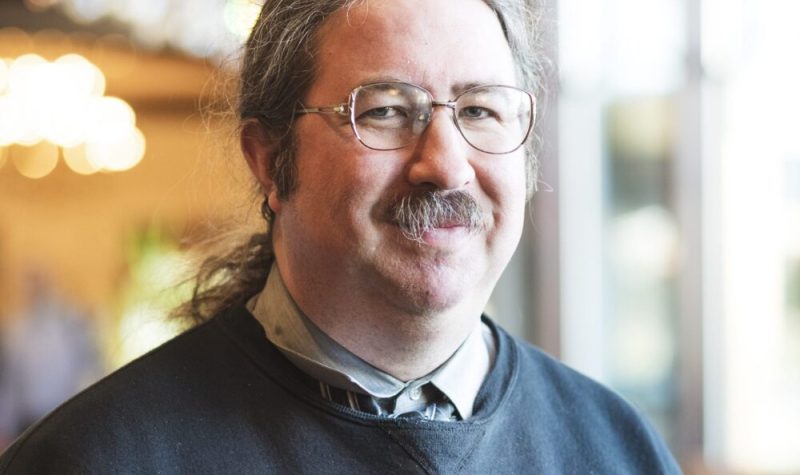By David P. Ball
---
An Indigenous law professor in B.C. says that despite shortcomings of Ottawa’s proposed crime and drugs legislation, the issue of Indigenous over-incarceration is so urgent that any measure that reduces it in the courts is needed.
“When you send lots of Indigenous people to jail, they’re not better for it,” said University of Victoria associate law professor David Milward in an interview. “It keeps communities in a state of massive trauma.”
Last week, federal Justice Minister David Lametti unveiled the Liberals' proposed Bill C-22, “An Act to Amend the Criminal Code and Controlled Substance Act." The law proposes eliminating mandatory minimum sentences for non-violent offences such as simple drug possession, and diverting some cases to other treatment-based programs.
The government says its aim is to reduce the over-representation of Indigenous and Black people in federal prisons.
But members of a Downtown Eastside Indigenous drug advocacy group, the Western Aboriginal Harm Reduction Society, earlier told The Pulse on CFRO the legislation was “completely disappointing” — because it fell short of full decriminalization and removing stigma from drug use.
Milward acknowledged the legislation falls short on that front, but said it has pros and cons nonetheless.
“It’s actually a welcome development — only because it moves the needle back from where it should not have been in the first place,” said he explained. “But is it enough to reverse the problems? No.”
Milward is from Beardy’s & Okemasis First Nation and is co-author of The Gladue Handbook for Indigenous court sentencing.


